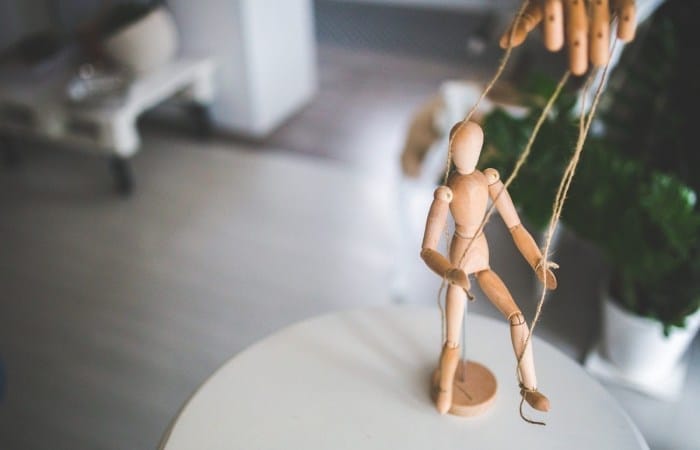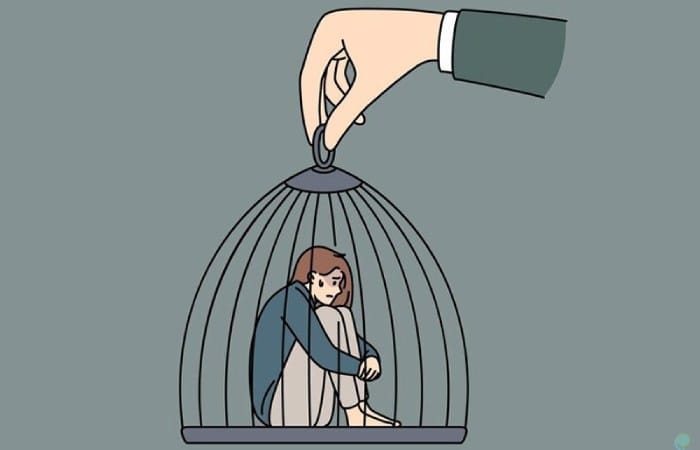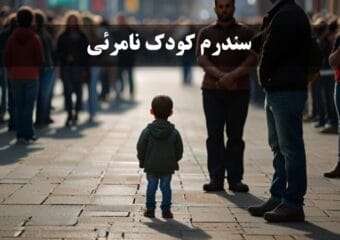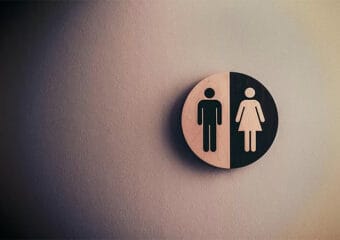
Blog
schema of obedience
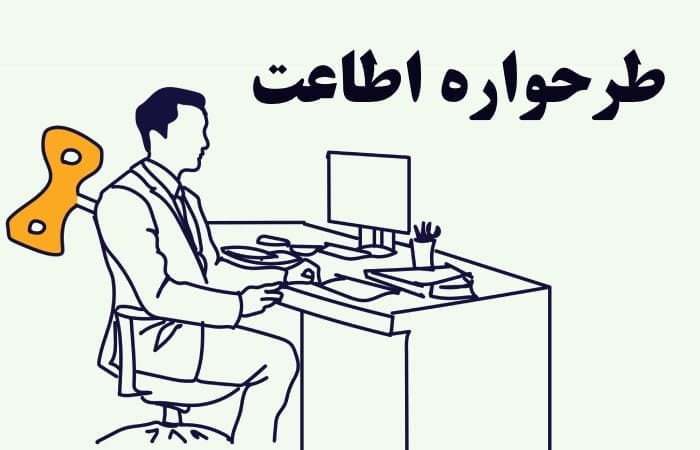
We hear many people say, “I am obedient to the crowd, do whatever is right, whatever you say, I am obedient, I am waiting for you to decide.” The constant expression of these sentences indicates one of the schemas called the schema of obedience.
فهرست عناوین
ToggleWhat is the schema of obedience?
The main belief of the submissive schema is that others are more important than me and that they should direct my life. In this schema, a person does not present any identity or role and always agrees with everything. A person with schema does not value his own opinions. They seek the approval and attention of others and are afraid of being ignored. The obedience schema is a subset of other orientational traps. Fear and guilt are the two driving forces of this schema.
Characteristics of people with obedience schema
- He lets others control him.
- He is afraid that if he does not answer the demands of others, they will get angry.
- Most of the decisions in these people’s lives are made by others.
- It is difficult for him to ask others to respect him.
- He tries to avoid confrontation with others.
- As much as he loves others, others do not care about him.
- He deeply feels the suffering of others.
- He feels guilty when he puts himself first.
- He considers himself good because he cares more about others than himself.
Factors that create the schema of obedience
Schemas happen for various reasons, which can occur in childhood, influenced by parents’ behavior and others, and so on. In the following, we will discuss the factors that create the schema of obedience:
To control
These people have experienced life in the category of control. Since childhood, parents interfered in the slightest things, forced the child to act according to their wishes, and prevented the child from acting freely. At the heart of the obedience schema is when a person convinces himself to please everyone from the family environment, parents, spouse, friends, teachers, and strangers. There is no need for him to be satisfied because the wishes of others are always a priority, and then he destroys the sense of what he wants and who he is. He feels that he can not direct his life. It is as if he is caught in the trap of issues and has lost the reins of his destiny. Instead of an activist, it has become a reactant. He feels that he cannot do anything to solve the problems.
Persistence in obedience lowers a person’s self-esteem and makes him feel that he has no rights in his relationships with others. Anyone who allows themselves to violate his rights and everyone has a right except him.
Most people in the obedience trap don’t fight for what they want Because it seems their request is partial.
In the submissive schema, a person does not have a strong sense of who he is. He is so absorbed in meeting the needs of others that he forgets himself and adapts the opinions and goals of others to himself.
Sacrifice
A person with the obedience trap has high empathy, which empathy comes from his inner spirit. He feels the pain of others and tries to relieve them of pain and suffering. He uses his efforts to improve anything and appreciates the problems of others. This type of obedience is completely optional and voluntary. Because the other has a problem, they prioritize their demands.
The main power of this trap is the emergence of guilt. When a person gives priority to himself, he feels guilty. When he gets angry at his obedience, he feels guilty. He feels guilty when he defends himself. When he fails to relieve the pain of others, he feels guilty, and this guilt leads to the trap of obedience.
He feels guilty whenever he steps out of the submissive role. Whenever he feels guilty, he returns to the same sacrifice. To get rid of the sense of guilt, he again brings himself under obedience by renewing his strength and burying his anger. In the same way, a person is constantly moving between the anger and guilt caused by anger.
Suggested article: What is an entitlement scheme?
The role of mastery
Obedience becomes an involuntary process for a person. He no longer asks himself whether he has another choice; he feels he has no options left. As a child, he submits to obedience out of fear of punishment or separation from his parents. His parents threatened to beat him or take back his love and attention. In these stages of obedience, compulsion is involved; in this case, the person is often angry, even if they do not recognize this anger.
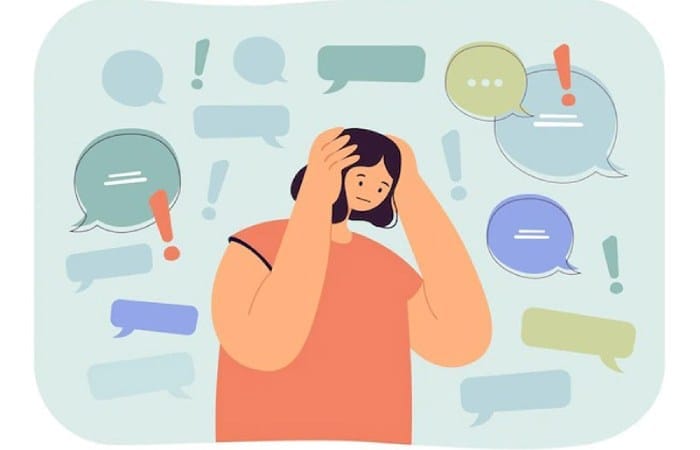
Suggested article: Punishment scheme
Anger
Anger comes from a place where a person repeatedly sacrifices his desires to the desires of others. When his needs are constantly suppressed, anger is obvious and inevitable. The person feels that he is being controlled and used as a tool and that others are using him for their interests, or he feels that no one values his wishes.
A person may be chronically angry, but he does not realize it and does not understand it properly. He probably cannot use the adjectives of being angry and angry to describe his situation.
The schema person believes anger toward others is dangerous, so they deny or suppress these feelings. Anger is a sign that something is going wrong and the other party is doing something unfair. Anger should primarily motivate us to correct the situation, and when anger has such an effect, It is useful.
Often, the problem is that he does not know how to express his anger to others. He may become angry over something that seems minor, leading him to unleash his anger in an explosive manner.
برای مشاوره رایگان و رزرو وقت (یا اگر تماس گرفتید و قادر به پاسخگویی نبودیم) شماره تماس خود را وارد کنید. ما به زودی با شما تماس می گیریم!

